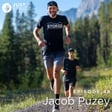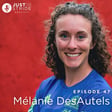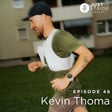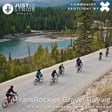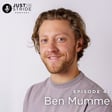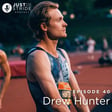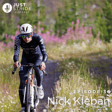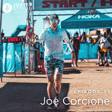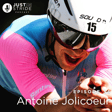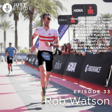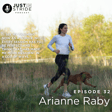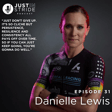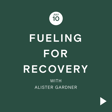
Justin Pfefferle on his journey through running and education, learnings from mentors, coaching philosophy's, knowledge, running, team building, cross country, track and field
On today’s episode of Just In Stride, we’re joined by Justin Pfefferle, a coach, educator, and former athlete whose impact on Canadian distance running continues to grow. Originally from Saskatoon and now based in Montreal, Justin has dedicated himself to developing the next generation of athletes, blending his passion for running with a deep commitment to mentorship and education.
As the head coach of Concordia University Stingers and co-head of Dawson College Blues cross-country, Justin has played a key role in shaping competitive collegiate programs. His background as a former athlete, combined with his experience as a longtime educator, gives him a unique approach to coaching—one that prioritizes not just performance but also personal growth and resilience.
In this episode, Justin shares how his own journey in the sport has influenced his coaching philosophy, the challenges and rewards of working with student-athletes, and his vision for the future of distance running in Canada. His story is a great example of how running can shape both individuals and the communities around them.
-------
Offer from Xact Nutrition: This episode is presented by our friends at Xact Nutrition and they are offering you 15% OFF your order when you use the code JUSTINSTRIDE. So head to xactnutrition.com and fuel your goals today! Now shipping in Canada and the U.S.
Offer from Lagoon : This episode is also brought to you by Lagoon sleep pillow and they are offering you 15% OFF your order when you use the code STRIDE. Mininum purchase of $74 USD required. Limited to one use per customer.
Thanks for tuning in to the Just In Stride Podcast. I truly appreciate you taking the time to listen and I hope you enjoyed that conversation as much as I did. Please take a minute after this to rate and review our show on Apple Podcasts. With your feedback we’ll be able to make the show even better and it’ll help us reach new listeners too. You can also find us on Instagram @justinstridepod and YouTube @justinstridepod for all the latest episodes and updates. Glad you came along for the ride with Just In Stride!
